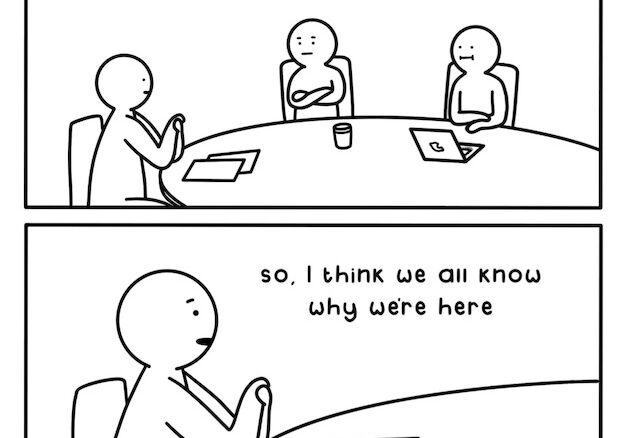A fool takes no pleasure in understanding,
but only in expressing his opinion.
Proverbs 18:2
How many times have we formed an opinion way before we should have? Maybe it’s about a situation and how we think it will turn out. Maybe it’s about a person and who we think they are. The problem with jumping to conclusions is that we are operating from a very limited pool of information. Facts and truth matter. Without them we will be stuck in a perpetual mode of voluntary ignorance.
Assumptions are formed for a variety of different reasons. If we lean toward a pessimistic attitude we will tend to assume the worst of the situations we find ourselves in or expect the least from the people we meet. An optimist does the opposite. The rose colored glasses rarely live up to their initial impression. Both rarely hit the nail on the head because assumptions get in the way. For those that struggle with fear and distrust, assumptions jade every conversation. For those that are naive, misplaced trust often gets them into trouble.
Pride also plays a major factor when assumptions are carelessly thrown around. Pride is a self-sufficient attitude that disregards the need for genuine knowledge. Our pride convinces us that we know everything so the opinions we form must be right. And if we are always right, that means those around us that disagree with our assumptions must be wrong.
The assumptions we make in the situations of everyday life that we are constantly faced with can put us in precarious positions. For example, if we assume we have enough gas in our car to go from point A to point B, we can be left stranded on the side of the road. If we assume the pot on the stove is cool enough to move, burned fingers are a real possibility. These are not accidents, but rather bad assumptions.
The assumptions we make about people can have even bigger ramifications. If my first impression of someone, which is really just a first assumption, is negative I can forfeit what could potentially be a close relationship with that person. On the other hand, if I am captivated by the first assumption, I may find myself being hurt when true colors are shown. Both of these situations if not kept in check with facts and truth can jade us in how we see others and how we interact within society.
Assumptions are the fuel that powers racism and bigotry. When we base our opinion of an entire race, culture or gender from limited experience we are ignorant fools. Assumptions cause us to be close minded in these cases and the result is at its least division and at its extreme violence.
As harmful to individuals as well as society as this can be, the most dangerous assumptions we can make are about God. People do it all the time. Assumptions about God quickly filter down to assumptions about Christianity as well as Judaism. How many religious assumptions throughout the ages have facilitated horrendous acts? The fact is, we don’t ever have to make assumptions about God because the Truth of Scripture attests to who He is. Within our own faith, assumptions have the potential to open ourselves up to dangerous theology. Assuming that everything can be trusted by those who proclaim themselves as a pastor, minister, teacher, evangelist, prophet or apostle has led many astray through the ages.
Though all assumptions are not proven false, all assumptions should be checked with fact and truth. In our faith the Bible must be our main source of information. When we fall victim to making a false or bad assumption, there is only one person to blame, ourselves. The Holy Spirit offers something very different to us in the form of discernment. Discernment doesn’t rely on our emotions, opinions, education or experience. To the contrary. Holy Spirit discernment comes through our surrender, humility and relationship with Christ. How can you move from assumptions based in ignorance to discernment given by the Holy Spirit?
Jason Metz, lead Pastor












